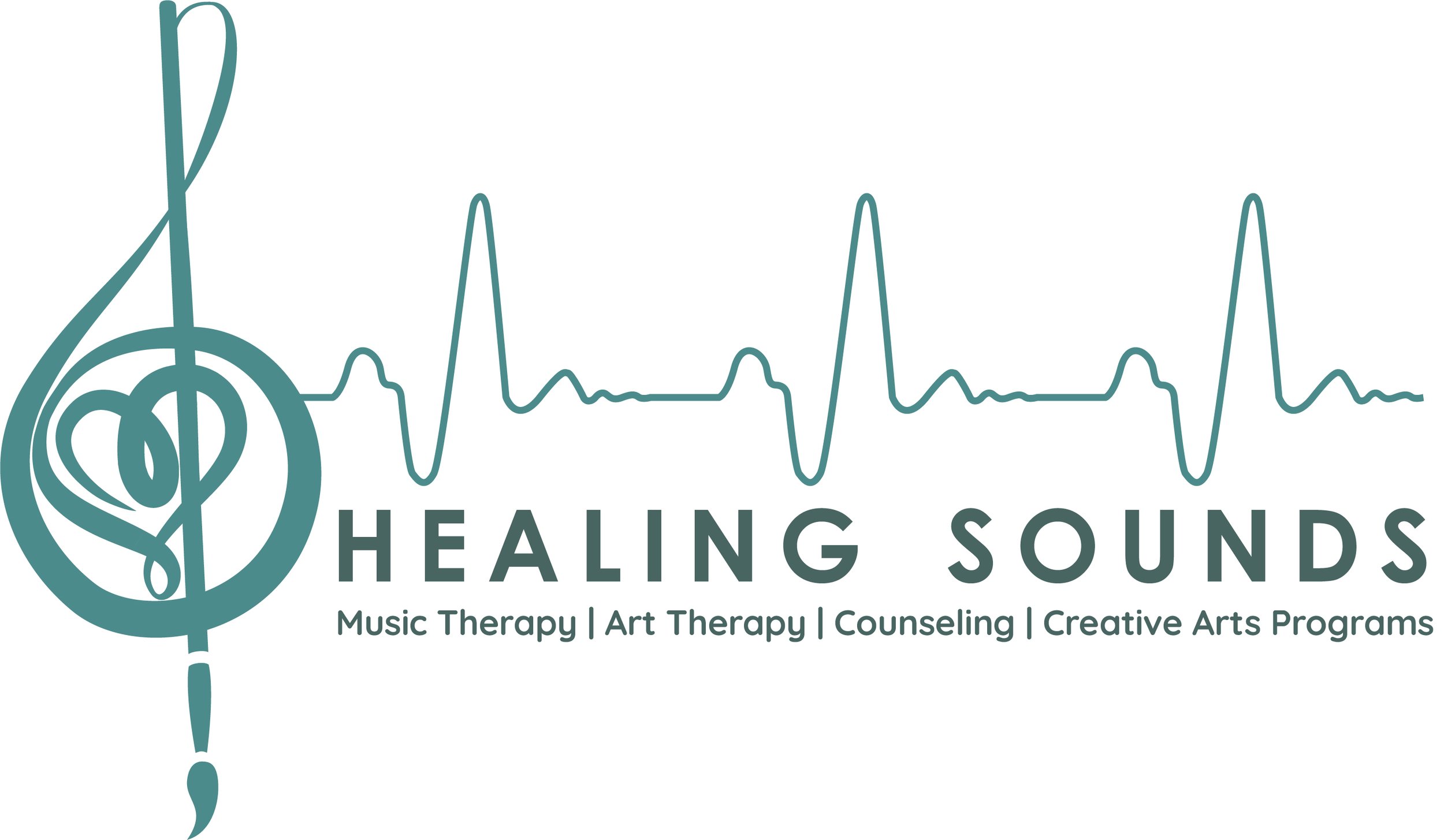IEP Music Therapy Services
Music therapy is a well-established professional health discipline that uses music as the therapeutic stimulus to achieve non-musical treatment goals. In special education and settings serving persons with special needs, music therapy is utilized as an educational related service to promote learning and skill acquisition (American Music Therapy Association, 2018).
How can I request a music therapy assessment for my child at school?
As directed by IDEA, the IEP team (at the request of a parent or school district representative) may request a Special Education Music Therapy Assessment Process (SEMTAP) for a particular student based on that student’s response to music in the classroom, therapeutic setting, or home. An evaluation must be administered by a board-certified music therapist in order to determine if services are required and necessary for the student to benefit from his or her education program.
A student may qualify for music therapy services when the structure and strategies of music therapy significantly assist that student in performing IEP related tasks. A student may not qualify for music therapy services if music therapy does not demonstrate a significant impact on the student’s ability to progress on IEP goals and objectives. The student may respond positively to music, but demonstrate no measurable improvement in their skill level.
What happens after a music therapy assessment is requested?
The SEMTAP is a comprehensive assessment process used in the special education setting to compare the student’s performance toward their IEP goals with and without the structure of music therapy strategies or interventions. Based on this assessment process, the board-certified music therapist providing the assessment will be able to recommend for or against music therapy services.
The SEMTAP is a lengthy process that includes: a review of the student's current IEP, interviews with current providers and teachers, observation of the student in multiple settings, and an assessment of targeted objectives from the IEP.
The music therapist will study the observation and music therapy assessment documentation and make a direct comparison of the student's performance on targeted IEP objectives with and without the structure of the music therapy strategies.
The music therapist will prepare a written report that documents each step of the assessment process including all recommendations. If the assessment process shows that the student receives a significant assist or significant motivation from music therapy strategies to perform IEP skills, then music therapy may be recommended as a related service for that student.
After the assessment is completed, an IEP meeting will be called to discuss the results and recommendations. The assessing music therapist should attend this meeting: it is not appropriate for the IEP team to review the music therapy assessment without the music therapist present. Members of the IEP committee (including the parents) can disagree with the findings of the assessment, and the music therapist must be prepared to verbally articulate all parts of the process and defend his or her recommendations.
How can music therapy be utilized?
Music Therapy can be used in a variety of ways to help the student achieve their full potential and provide assistance in the education environment. Here are just a few ways music therapy is currently used for students in the learning environment:
Increase Communication Skills
Promote Cognitive Development
Engage in Social and Emotional Learning
Strengthen Fine and Gross Motor Skills
Reduce Stress and Anxiety
Enhance Academic Skills
Provide Extra-Sensory Experiences
Improve Speech and Language Deficits
Change Behaviors
Improve quality of life
Let us help you advocate for music therapy for your child! Send us a brief message below to receive additional information.



